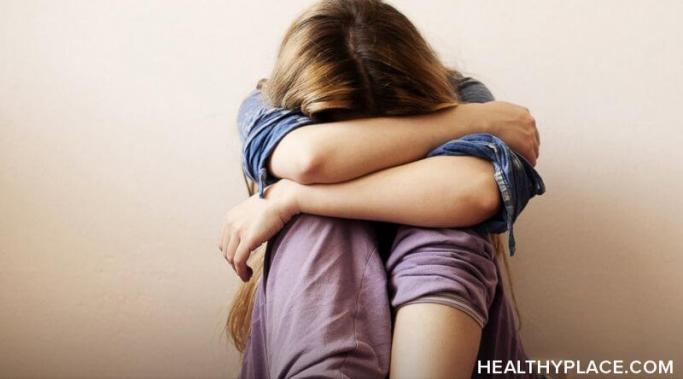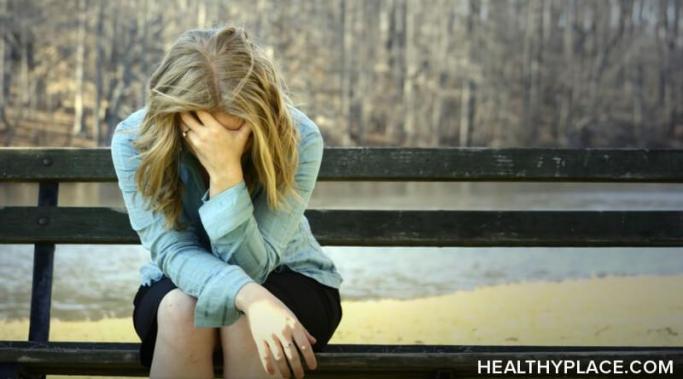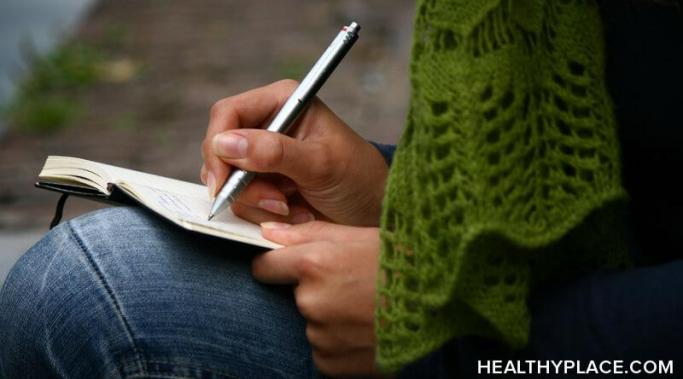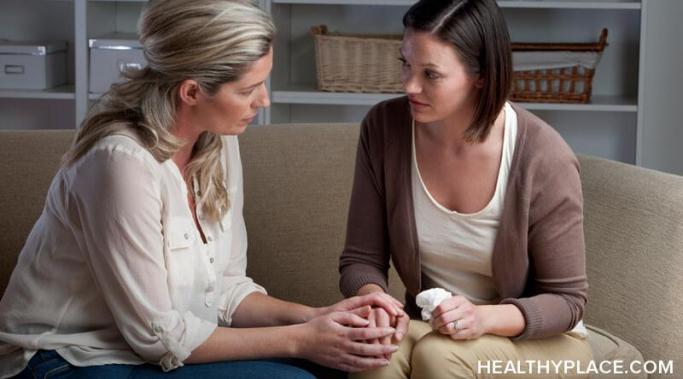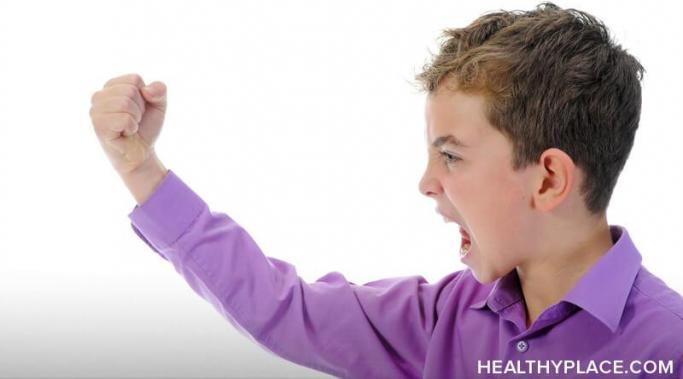Do you have existential depression? Answer these questions: Do you feel like you are living on autopilot with no higher purpose? Do you feel like a hamster on a wheel, stuck with the same dull routine day after day? Do you feel that you are not doing your part to leave the world a better place than you found it—and maybe you never can? If these kinds of existential thoughts make your depression harder to deal with, then in my experience, you might have a case of existential depression.
Depression Coping Skills
This will be my final post of 2020. Not only are we heading into a new year, but I am due to give birth in just over a week, and I'll be taking a few weeks after that to settle into our new routine as a family of four (and I'm using the word "routine" very loosely). So, with that in mind, I thought I would use this week's blog post to reflect on what I've learned in 2020, and more specifically, what I've learned since joining the HealthyPlace community.
It is often said that relationships are a two-way street — that you get out what you put in. So how do you maintain relationships (platonic, romantic, or familial) when your mental health interferes with your ability to support others? How do you maintain relationships when you are so preoccupied with your thoughts and ruminations that it doesn't even occur to you to check in on the people closest to you? Sure, the odd blip can be forgiven, but in the case of chronic, long-term depression, how do you manage to convince other people to stick around? How do you tell them that you're not selfish, just suffering?
How can shame damage relationships? After all, shame has been a part of human culture for thousands of years. It is one of the things that makes human relationships and social structures unique and is arguably a necessary component of every civilized society. However, I believe people with mental health issues experience shame at a disproportionately high level, and this can be incredibly detrimental not only to their recovery — but also to their relationships with the people around them.
t's no secret that depression zaps your motivation to do, well, anything, and can drastically lower your productivity. The constant carousel of intrusive thoughts and worries can have a paralyzing effect — making it impossible to focus on anything beyond the most basic of tasks and making you feel like a failure. Fortunately, there is something you can do to help alleviate those feelings, and it involves reassessing what you think it means to be productive (with or without depression).
Coping with depression is a daily battle. Depression recovery can take years, and there is no such thing as a "quick fix." There are, however, things you can do to bring rapid relief in times of stress, anxiety, and panic attacks. For me, that relief has come in the form of autonomous sensory meridian response (ASMR) — a strange online phenomenon that has been a source of comfort and relaxation for millions since the mid-2000s, even though most people have no idea what it is.
First off, I want to clarify that depression and victim mentality are not the same. The former is a mental illness that no one can choose, while the latter is a mindset that may or may not be a choice. That said, victim mentality does play a role in depression, which is why it is crucial to identify and manage it.
Let's cut to the chase: depression is mentally and physically debilitating. Even if you are do not have low-functioning depression, depression limits what you can and cannot do. To prevent depression from getting worse, one needs to learn to set boundaries. Here's why.
My mental health has always suffered in times of isolation and uncertainty. As someone with obsessive-compulsive disorder (OCD), I'm at my most content when I'm able to predict and control my surroundings. When that control is lost, my mind conjures terrifying hypotheticals about what "could" happen, and I start to engage in compulsive behaviors to bring order to the chaos in my mind. This exhausting cycle of thoughts and rituals invariably causes me to slip back into depression, and I'm left feeling like a failure once again. So, you would think that the uncertainty surrounding the current global pandemic would have my mental health in a tailspin. But no — it is better now than it has been in years, and it's precisely due to that uncertainty. The uncertainty leading to my isolation has improved my mental health.
There are precious few things to be optimistic about when one is depressed, so you must be thinking I'm cuckoo. Well, allow me to explain. The way I see it, nihilism is a school of thought which believes that life is meaningless. Needless to say, that's a depressing point of view. Optimistic nihilism is, therefore, a brighter outlook than mere nihilism as it proposes that since life is meaningless, we are free to give it whatever meaning we choose.


